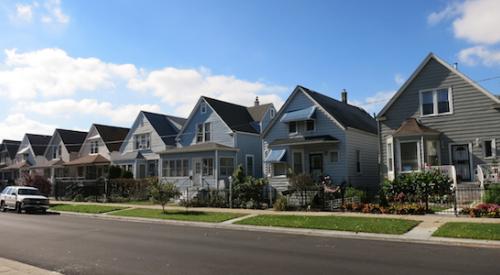Americans are increasingly open to the idea of living in a tiny house or owning a driverless car, according to results of polling conducted for the National Association of Home Builders (NAHB) in late 2017.
In one poll, the NAHB asked a representative sample of adults if they would even consider the possibility of buying a tiny home now or at some point in the future. The survey defined a tiny home as one with less than 600 square feet. A majority of respondents, 53 percent, said “yes” or “maybe” to the prospect of buying a home of this size.
Not all generations shared the sentiment, as potential interest waned with age. While 63 percent of Millennials and 53 percent of Gen Xers might consider living in such a small space, 45 percent of Boomers and 29 percent of Seniors indicated the same.
NAHB regularly conducts national polls in order to understand new trends and preferences in the housing market. These results are based on polls conducted for NAHB by Morning Consult in the second half of 2017. The samples used to conduct this research are representative of the U.S. population in terms of age, income, and geography.
Questions remain about consumer demand for driverless cars and how they might affect land-use patterns. Some 59 percent of adults in the U.S. would consider the possibility of buying one of these cars if a safe and reliable model was developed in their lifetime. But the likelihood declines with age. While 71 percent of Millennials and 66 percent of Gen Xers say they might consider buying a driverless car, the share drops to just 45 percent of Boomers and 36 percent of Seniors.
Planners wonder how driverless cars might affect travel behavior and land-use decisions. Can these cars affect where people choose to buy homes? Recent polling indicates so.
When people open to buying a driverless car were asked if it might encourage them to move farther away from work, 63 percent, said “yes” or “maybe.” Again, younger people would be more likely to be swayed. More than 76 percent of Millennials and 62 percent of Gen Xers say “yes” or “maybe,” but just 46 percent of Boomers and 18 percent of Seniors said the same.













